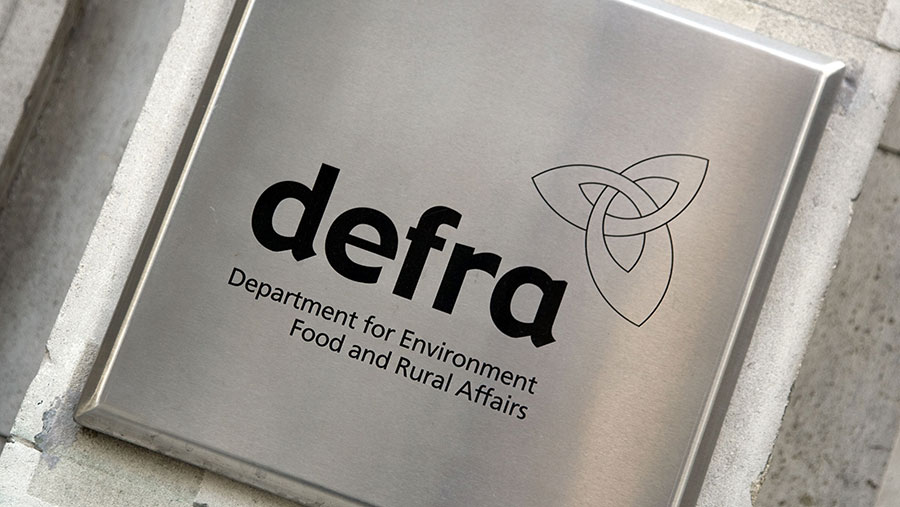Defra prepares for possible ‘no-deal’ Brexit outcome
 © Jeff Blackler/REX/Shutterstock
© Jeff Blackler/REX/Shutterstock Brexit-related “work streams” at Defra are likely to grow from 43 to about 70, with civil servants making plans for a possible “no-deal” outcome.
Defra secretary Michael Gove has outlined the growing scale and complexity of leaving the EU faced by his department in a letter sent to Mary Creagh MP, chair of the influential Environment Audit Committee (EAC).
He states that increasing the number of work streams – pieces of work aimed at delivering the UK’s departure from the EU – is necessary once preparations for a no-deal scenario and longer-term work caused by the EU exit are taken into account.
See also: Opinion – farmers must respond to Defra’s Brexit consultation
“We have plans for all ‘day one’ projects and are in the process of ensuring that those plans are at sufficient level of detail,” writes Mr Gove. But he does not provide any detail as to how many, or what they are.
These work streams cover a range of activities, including import control systems and chemicals frameworks.
Defra is focusing on the most complex projects to deliver. However, all projects “have risks attached”, which will “ebb and flow” as they mature, he adds.
The letter follows additional Treasury funding announced by chancellor Philip Hammond’s in the Spring Statement, which allocated Defra £310m in 2018-19 to prepare for Brexit.
1,200 staff recruited
In December, the National Audit Office (NAO) reported that Defra would need to hire 1,200 new staff by March 2018 to work on 43 Brexit-related work streams, as it seeks to develop a new domestic agricultural policy to replace the EU’s Common Agricultural Policy (CAP).
The current recruitment drive has increased staffing levels at Defra by about 6%, according to independent think tank the Institute for Government.
The letter was written in response to a letter from Ms Creagh on 22 February, asking for further detail on Defra’s post-EU work streams.
Defra ‘ill-equpped’
Ms Creagh said leaving the EU is the biggest administrative and constitutional task facing the UK government since the Second World War – but she fears Defra is not equipped well enough to cope with the transition.
“We are concerned by how few of the ‘day one’ plans have been published and outlined to businesses and investors, who need clarity about our relationship with the EU during the transition and beyond.
“From chemicals to climate change, huge regulatory questions remain unanswered. Defra and its agencies have lost almost 5,000 staff since 2010, leaving them struggling to cope with Brexit. We have concerns about the department’s capability to deliver a growing amount of Brexit-related work, and the cost of hiring new staff.”
In February, the government faced a public backlash after it refused to release details on the 300-plus Brexit work streams.
Defra also came under fire after it withheld a report on the food prices changes it expects as a result of the UK leaving the European Union. It followed a freedom of information request by the union Unite, which represents food, drink and agriculture workers.
